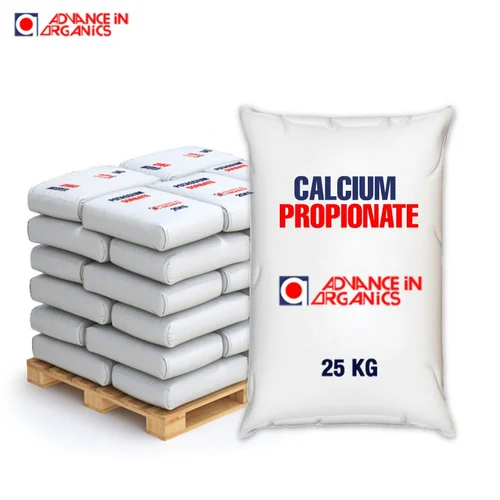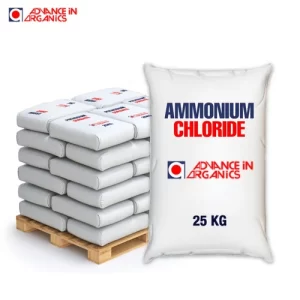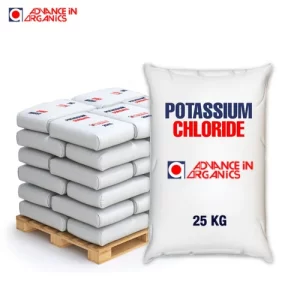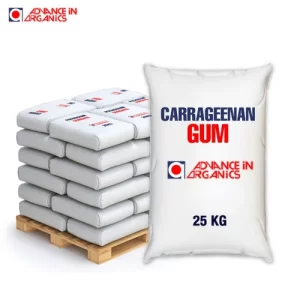Calcium Propionate
What is Calcium Propionate?
Calcium propionate is a preservative commonly used in baked goods around the world. It works to extend the shelf life of baked goods by preventing mold and ropy bread bacteria growth.
Properties of Calcium Propionate:
- Chemical formula: C6H10O4 CA
- Molecular Weight: 186.22
- White odorless, crystalline powder
- Water soluble
- Active: propionic acid (occurs naturally in swiss cheese at 1%)1
Origin of Calcium propionate
Propionic acid and its calcium salt derivative have been established as antimicrobials for a long time. As early as 1906, Watkins recognized that it was effective against ropy bacteria in bread.2 Since the 1930s, propionates have been used to preserve bread in the United States.
Calcium propionate is the ideal preservative for bread and rolls because it has little effect on yeast and does not interfere with its fermentation. In cakes, however, the high use level and available calcium interferes with the leavening action and is therefore not a good preservative.4
In contrast, sodium propionate will delay fermentation of yeast and is not recommended for use in breads or rolls, but it is prefered for the preservation of cakes.4
Calcium propionate is effective at inhibiting growth of molds and rope bacteria when concentration is adequate to block cell metabolism. If baked good is produced in a contaminated environment without effective current good manufacturing practices, the dose may not be effective in inhibiting mold growth.
Nutrition21 grams of calcium are present in 100 grams of calcium propionate.5
Commercial ProductionCalcium propionate is formed by neutralizing propionic acid with calcium hydroxide.
ApplicationCalcium propionate is commonly used as a mold inhibitor in pre-packed and sliced bread. It is added during the dough production phase and concentration is dependent on the item and desired shelf life.




